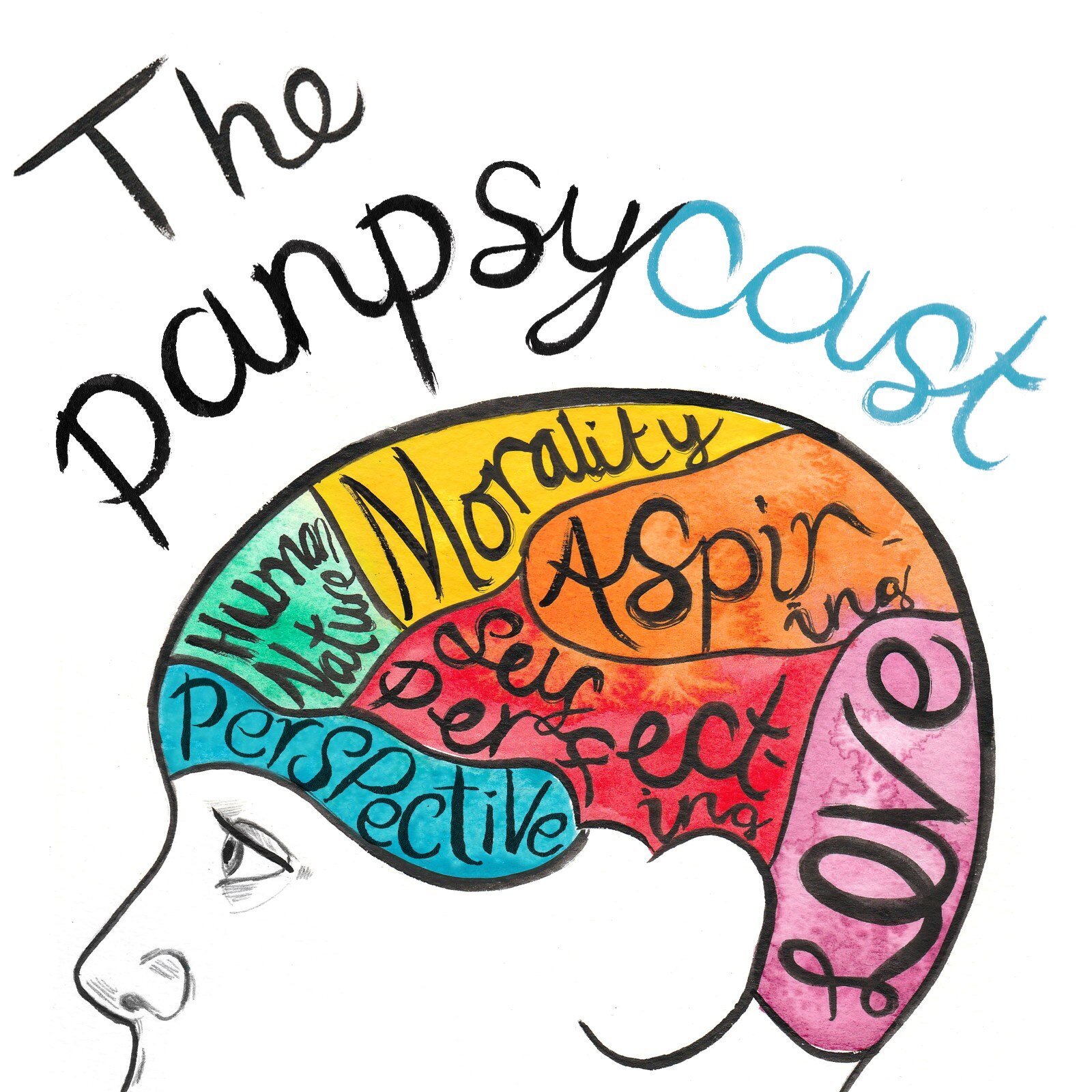Welcome to ‘Episode 97 (Part II of II)’, in which we’ll be wrapping up our discussion on the philosophy of COVID-19 with Vittorio Bufacchi.
Over a year has passed since COVID-19 forced the world to shut its doors. Millions of lives have been lost, and millions more have undergone radical change. At times, many of us have wished to see loved ones, friends, and colleagues; we’ve longed to play sports, attend shows, and travel the world. We’ve hoped that everything can return to normal. But should they?
What if this pandemic has highlighted issues in our societies that have been ignored or marginalised for too long? What if normal made the pandemic worse than it needed to be, and what if normal is part of the problem? According to philosopher Vittorio Bufacchi, this is precisely the case: everything must change.
Vittorio Bufacchi is a Senior Lecturer in Philosophy at University College Cork, specialising in questions concerning social injustice, human rights, and political violence. As we shall see, Bufacchi’s work demonstrates that philosophy can and should engage with the most pressing social issues of our time. Philosophy, says Bufacchi, can navigate us towards better ideas and a better world; and it is during times of crisis that we need it most.
The file size is large, please be patient whilst the podcast buffers/downloads/sanitises its handsContents
Part I. The Pandemic
Part II. Further Analysis and Discussion

